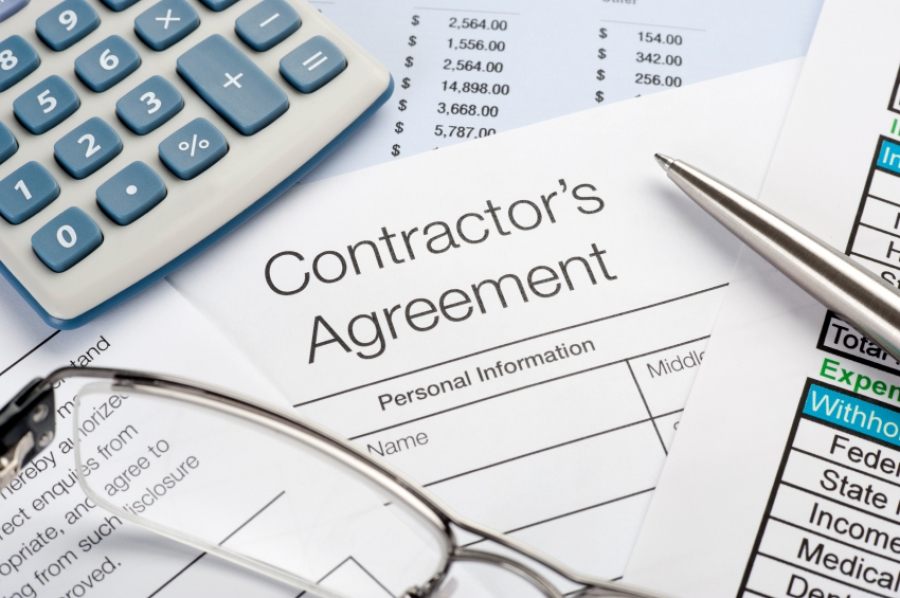How to Determine a Construction Contract Start Date After Initiation
Welcome to the On Site channelís Construction Administration Column. If you are midway through a project, how do you determine the official start date?
Columnist David A. Todd, P.E., CPESC, has 37 years of experience in the architecture, engineering, and construction (AEC) industry and has performed much construction administration during that time. He will answer questions from our readers or from his own practice and will provide answers based on his understanding of the construction process and administration of the construction contract. The focus will be on the customary duties of the owner, contractor, and design professional as typically described in the contract documents.

In the last couple of columns you discussed delays due to weather. We are 90 days into a 120-day contract, with at least 45 days of work left. We may have had 15 days of weather delays, but I haven't had a discussion of those with the owner's representative. In fact, I've never even been told what the official start date was. Any suggestions? [a general contractor]
So there are two questions here: how far into the construction time are you (based on when the start date was), and are you due any extra days for weather conditions? Let's deal with the construction start first.
The EJCDC General Conditions provide a specific timeframe for determining the construction start date. I don't know if this document is part of your contract documents, but I always fall back on it in the absence of other information. The provisions of that document for commencement of contract times are as follows:
"The Contract Times will commence to run on the thirtieth day after the Effective Date of the Agreement or, if a Notice to proceed is given, on the day indicated in the Notice to Proceed. A Notice to Proceed may be given at any time within 30 days after the Effective Date of the Agreement. In not event will the Contract Times commence to run later than the sixtieth day after the day of Bid opening or the thirtieth day after the Effective Date of the Agreement, whichever date is earlier."
Put in simpler language, if you received a Notice to Proceed, the construction start date listed on it is the magic date. If the owner's representative didn't issue a Notice to Proceed, then the start date is the day you actually start construction, so long as you start within 60 days of the bid opening or 30 days of when the Agreement was signed by all parties.
You should be able, from your records, to determine what that day is and count your construction days used (and the amount remaining) accordingly. I'm concerned that the owner's representative didn't make it clear when the contract times started to runÖ although it might be stated in a Notice to Proceed and you just didn't notice it.
You have a decision to make: do you bring this to the owner's representative's attention, since you are concerned about whether you are on schedule, or do you keep quiet about it and hope no one is watching the time and you can get by without penalty even if you are behind schedule?
I believe you should be proactive and bring the contract times to the owner's rep's attention. I say this because 15 weather days doesn't sound particularly abnormal during a 120-day construction period. Unless you have a contract clause that allows for weather days, such as discussed in my last column, you probably aren't due any weather days.
By being proactive in the situation, you will likely generate some goodwill with the owner and the owner's rep, and they are less likely to assess liquidated damages.
Do read your contract carefully. If you are allowed delays for normal weather, by all means make your claim immediately, and gather the data as quickly as possible and turn it in to the owner's rep.

David A. Todd
A senior engineer and corporate trainer of engineering for CEI Engineering Associates, Inc. David has 36 years of experience as a consulting civil engineer. His experience includes water, wastewater, stormwater, roads, and solid waste infrastructure. For much of the last 20 years he has been involved with stormwater issues. Specifications and construction administration have been a specialty of his within civil consulting engineering . He has BS and MS degrees in Civil Engineering, is a registered engineer in four states, and a Certified Professional in Erosion and Sediment Control.



